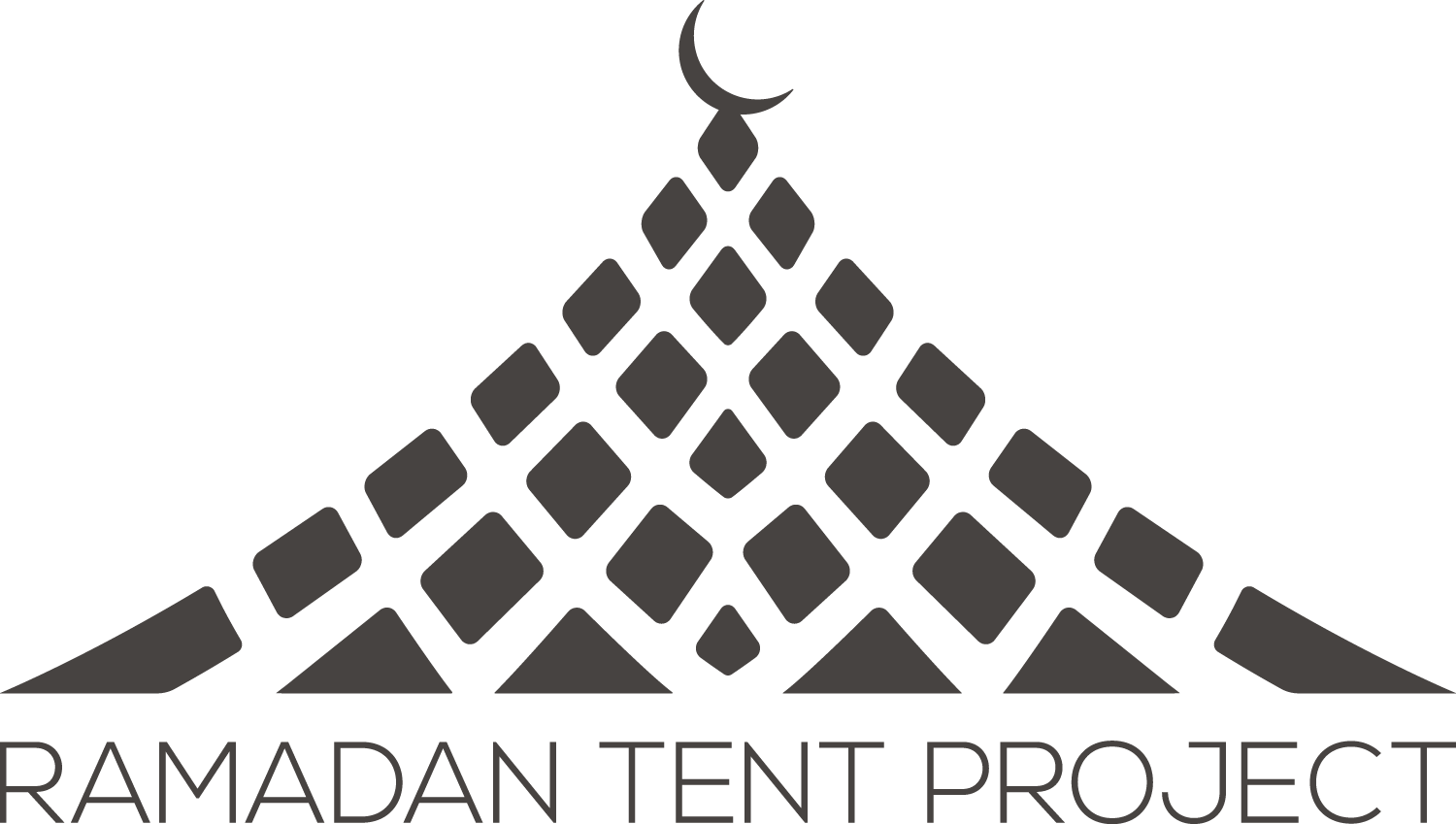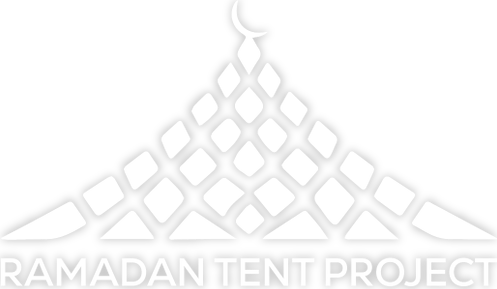Atika Dawood
The most well-known meaning behind Ramadan, the explanation taught to us through our school lives, is that this month of the Islamic calendar is one through which [Muslims] abstain from food and water from dawn till dusk in order to remember those who are less fortunate and to be grateful for what we have. I previously mentioned that this statement as a standalone definition of Ramadan was no longer accurate in encapsulating my experience and understanding of one of the pillars of Islam. However, it does hold a key part to Ramadan within it: being grateful.
Privilege is a word that is defined as ‘having special rights, advantages, or immunities’ according to the first definition in my Google search. Politically and socially this refers to specific groups of people. I am sure you have read, heard or skimmed over the terms ‘white privilege’, ‘male privilege’, ‘straight privilege’ and so on. With regards to these structural privileges, often their understanding is skewed. For example, I have seen a white straight male claim to not possess any privilege because he is also working class. The misunderstanding is that this white straight male is privileged, but also holds a class-disadvantage.
Flip this on its head, I could argue that I am subject to many social disadvantages. I am Indian – I have brown skin (NC35-40 if you speak make up). I am visibly Muslim – I wear the headscarf. I am female – I will not have my voice reduced to ‘get back to the kitchen’ and, no, it is not wrong for me to expect the same pay for the same job as my male counterpart. And, I am young – defined as ‘politically apathetic’ or ‘lacking experience and knowledge’ to many. But this does not mean I do not possess any privileges. I have a supportive network of friends and family (and the Ramadan Tent Pproject Team, who fit under both categories), I am in higher education studying a subject I have chosen and love and I have a platform on which I can share my thoughts – and an audience who reads them (you are all amazing!)
I am by no means suggesting that structural privileges should not be a topic of discussion: ranted about and campaigned against. I have intentionally placed certain and relevant adjectives before ‘disadvantage’, wherever used, to contextualise it. Because I am not disadvantaged to be Indian, Muslim, female or young – even if I am structurally. All of these things are part of my identity, they are things I am very proud of. I wear my heritage, my skin colour, with pride. I brokenly speak my home language with embarrassment – embarrassed that it is broken, not embarrassed that I know a ‘foreign language’. I wear my religion, my headscarf, with good intention (inshaAllah).
What I am trying to allude to, is not forgetting what we do have. Remembering that we are often part of networks of like-minded, supportive people – people we feel comfortable around – is a great form of reflection and self-care. When setting and meeting goals, remembering where we were before and where we are now is a means towards avoiding feeling overwhelmed when faced with where we need to get to. In remembering that we still have much for which to be grateful, despite the social, political and structural disadvantage, we become better people: we show our appreciation for these things and people, and we avoid overlooking all that we have to be proud of and thankful for.
It is often easy to forget these things that we have, the positives we experience and the advantages we do possess, especially when frequently facing negative experiences, trying to bite our tongues and ignore the slurs, battling disadvantages and dealing with groups who just do not get it. It is exhausting, I understand. But to be grateful, we need to focus on the positives – and the negatives we are lucky we have not experienced.
In Ramadan we reflect on what we have, we empathise with those who are less fortunate and we pray to make a difference. In Ramadan those who are less fortunate do the exact same, they may have less but they still give shukr (thanks) to God for what they do have. Placing people into a group is alienating: those who are ‘less fortunate’ are not a separate group doing a different Ramadan. Yes, there may be less food and yes, there may be less people – yes, it is a different experience. But if someone with less than us can be grateful and thankful for what they have, we can do this more, we can be thankful more, than just during one month.
We should be grateful, we should check our privilege and we should do good with good intent – in Ramadan and always. InshaAllah.
Disclaimer: This is not a political piece. Through this post, I am not attempting to reject the existence of structural privilege. I understand that what I have tried to explain and structural privilege are very different. It is simply a comparison to draw on the fact that we all have something to be grateful for.

